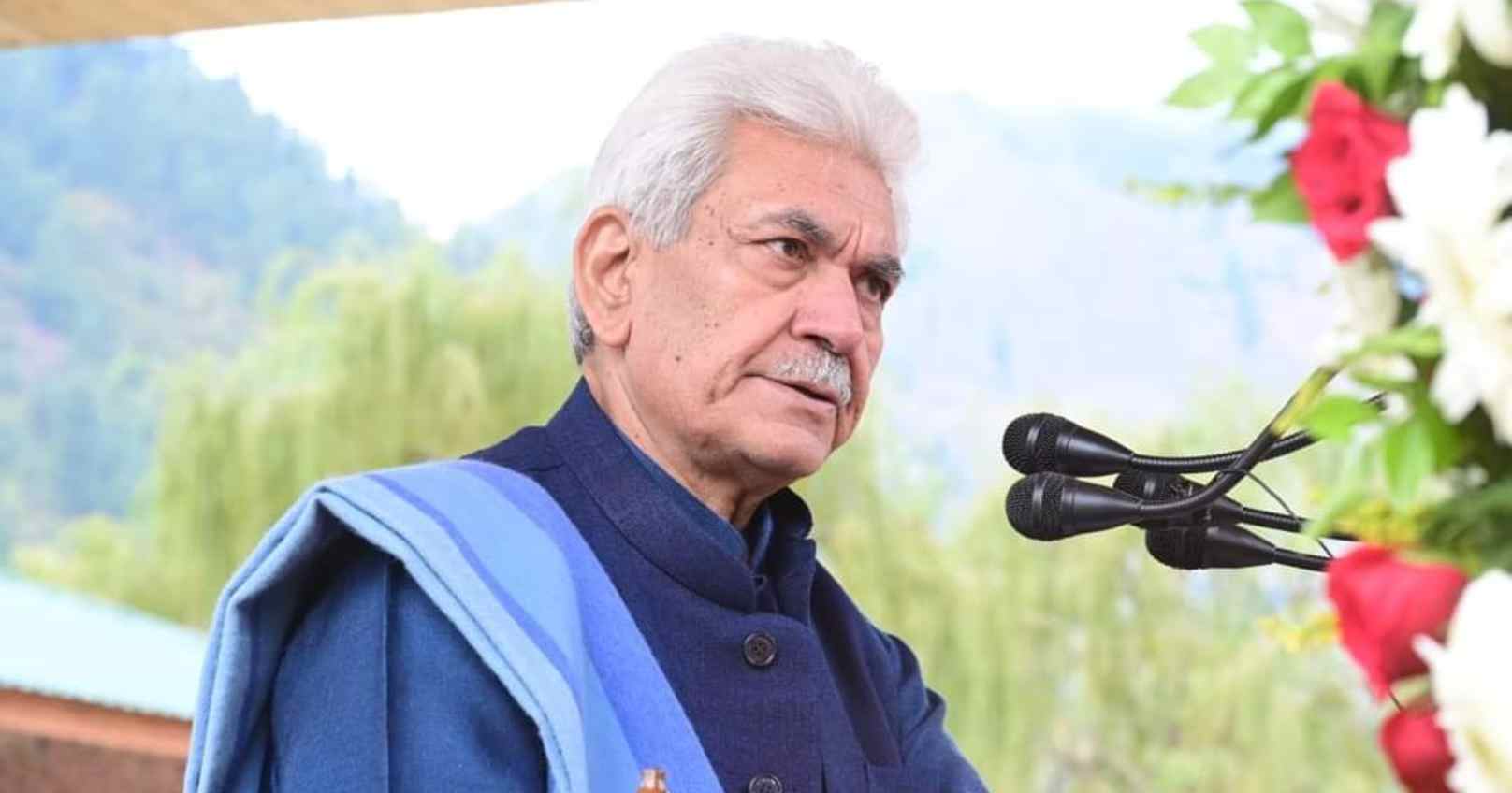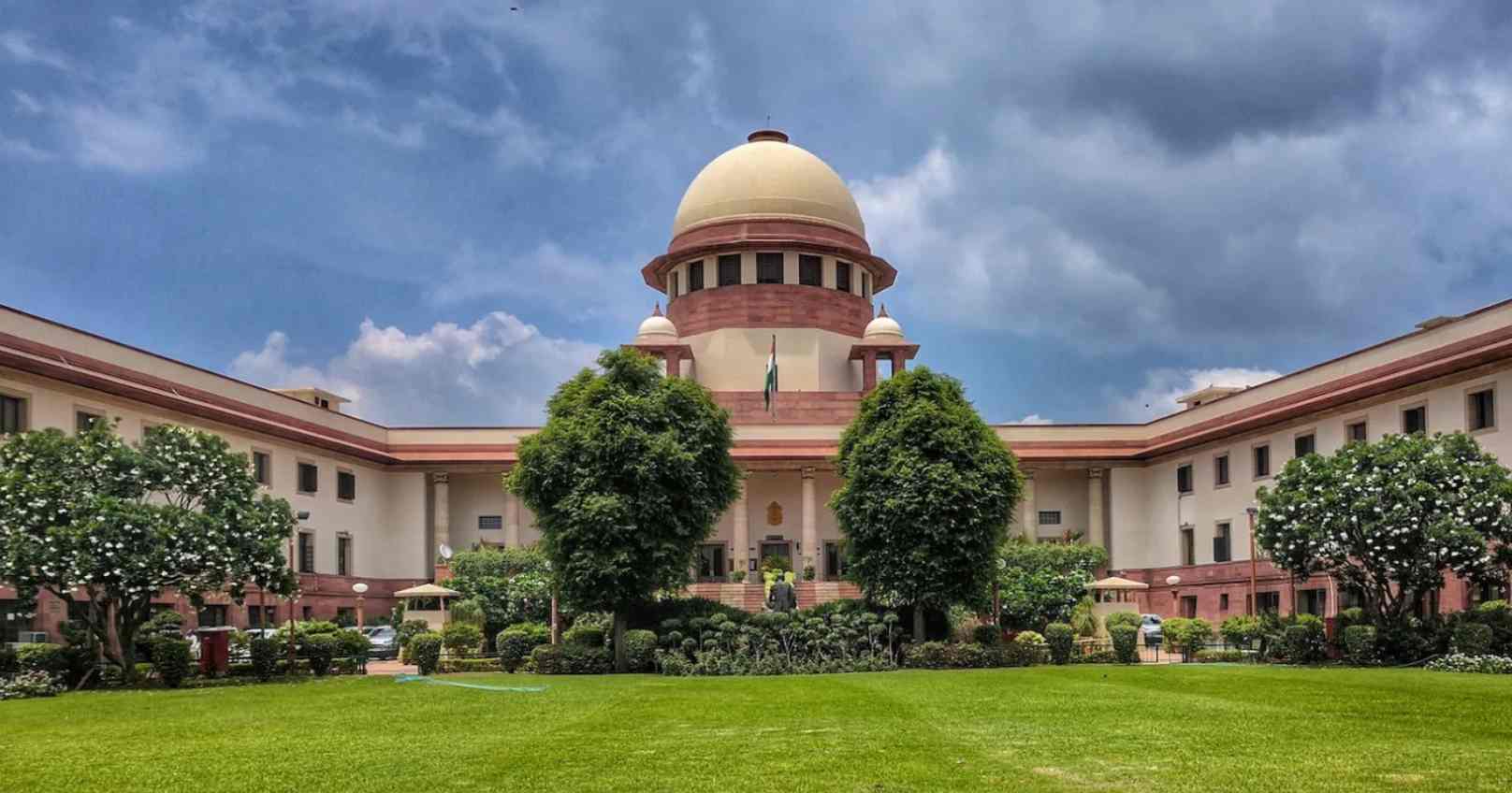The Supreme Court declined to hear a petition contesting the authority of the Jammu and Kashmir Lieutenant Governor to appoint five additional members to the Union Territory's Assembly, directing the petitioner to approach the Jammu and Kashmir and Ladakh High Court instead.
A bench comprising Justices Sanjeev Khanna and P.V. Sanjay Kumar urged the petitioner, Ravinder Kumar Sharma, to seek resolution in the High Court. "In many cases where we have bypassed the High Court, important aspects tend to get overlooked," the bench remarked.
Senior advocate Abhishek Manu Singhvi, representing Sharma, expressed concerns that the electoral outcome could be undermined. However, the bench responded, "We are not inclined to entertain this matter. You are free to approach the Jammu and Kashmir and Ladakh High Court."
The Jammu and Kashmir Assembly consists of 90 elected members. Under the Jammu and Kashmir Reorganisation Act of 2019, Lieutenant Governor Manoj Sinha has the authority to appoint five additional members to represent displaced Kashmiri people and those from Pakistan-Occupied Kashmir, raising the majority threshold from 45 to 48.
The National Conference-Congress alliance won a decisive majority in the recent elections, securing 48 out of the 90 Assembly seats. Exit polls had anticipated a close contest in the Union Territory, which conducted its first Assembly elections in a decade, with a slight advantage for the alliance.
Controversy has emerged surrounding the Lieutenant Governor's power to nominate five members to the Assembly, with both the Congress and the National Conference labeling it as unconstitutional and undemocratic.
On October 11, National Conference leader Omar Abdullah formally claimed the opportunity to form the government in Jammu and Kashmir, garnering support from 54 members for the NC-led coalition.
President's Rule has been in effect since 2019, following the bifurcation of Jammu and Kashmir into two Union Territories and the revocation of Article 370, setting the stage for the current government formation.







